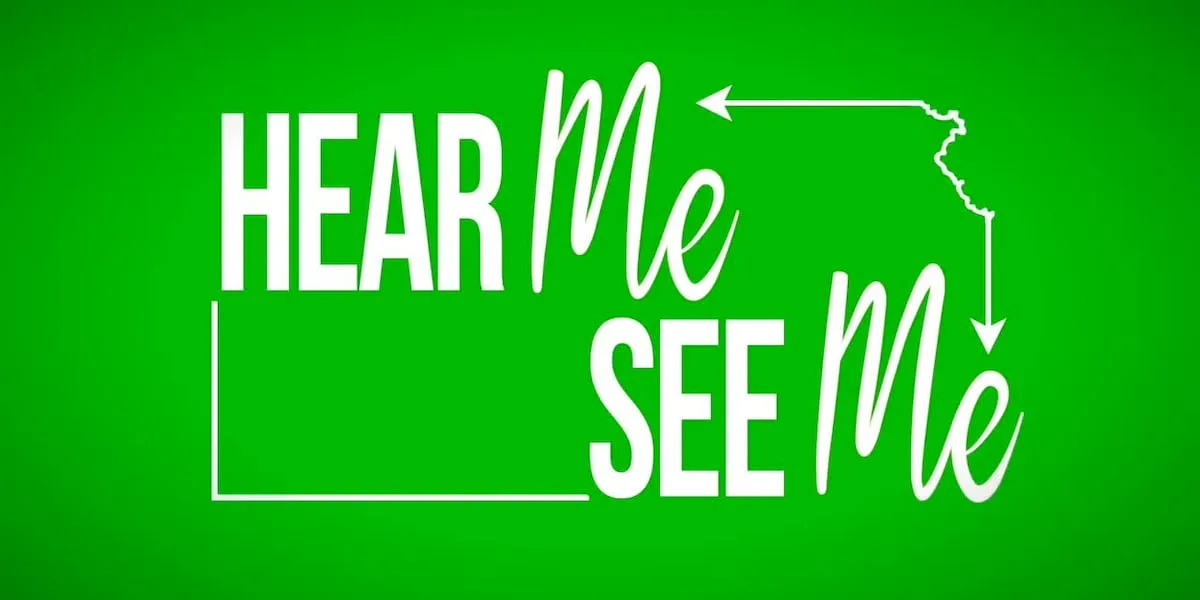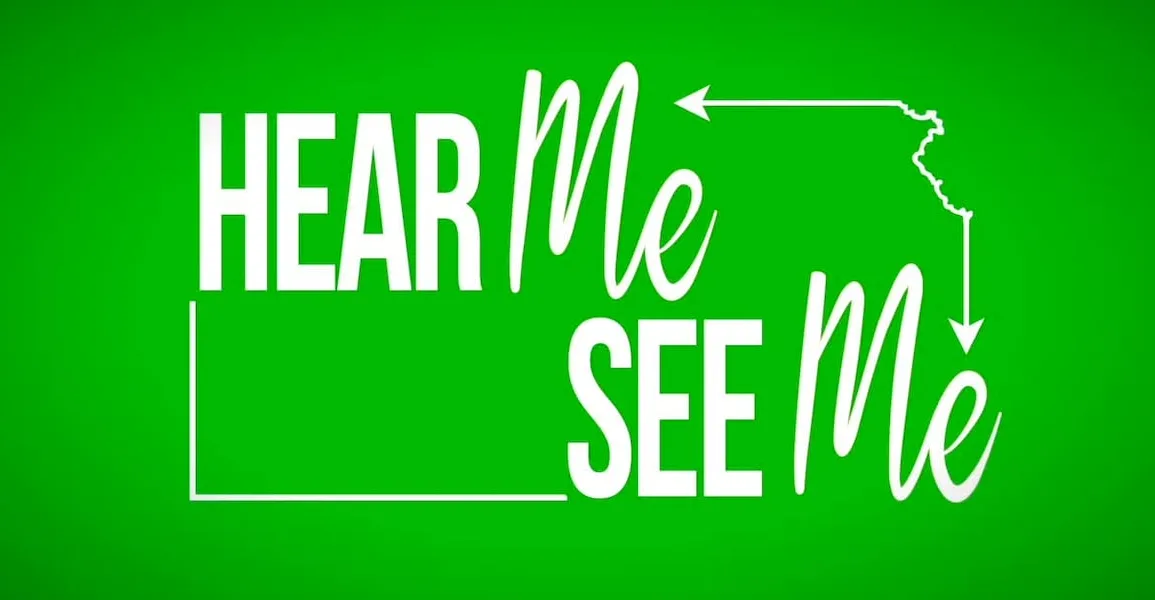
TOPEKA, Kan. (WIBW) – Studies show people who are Black are more likely to experience certain emotional distress symptoms, but are less likely to seek help for mental health.
With February being Black History Month, two Topeka behavioral health providers are speaking up about the potential reasons behind this, and how they hope to help people move past them to seek help.
Licensed social worker Kenisha Morton and APRN Angel Patterson-Tetuan, who both work at Topeka’s Stormont Vail Behavioral Health, never doubted they’d work in this field.
“I always knew I was going to work in the behavioral health field,” Kenisha said. “I’ve known this since like high school!”
Angel says she was inspired by the struggles of her own family.
“I wanted to help,” she said. “I wanted to shine a light.”
Both say, as Black women, they felt even more responsibility.
“It’s important to have that representation and to see people that look like us, that look like you, when you walk into the hospital, It helps build that trust,” Kenisha said.
Trust is a vital component in mental health care.
“To get to what’s wrong, you have to bare your soul – and you have to bare your soul to a stranger,” Angel said. “That’s very hard for anyone.”
But trust of the medical community, Angel says, can be tough for many Black people. She traces it back to the 1932 Tuskegee syphilis study. Researchers told Black men they were being treated for bad blood. Even when penicillin became the known treatment, the men weren’t told for 40 years.
“You have 40 years of people being treated and injected with syphilis, you’re not going to trust the medical community, whereas now it’s changed,” Angel said. “We have informed consent now that you have to let someone know what is going to happen to them.”
Kenisha also has seen the mistrust from the other side.
“Sometimes, if I walk in the room, it’s, ‘Can I have a different provider?’” she said.
Experts say those experiences are part of why Black people may struggle with mental health.
“Many African Americans deal with trauma – just trauma of growing up, trauma of experiencing life,” Angel said.
But, Angel and Kenisha say, the stigma of seeking outside help to deal with those feelings can be especially strong in the Black community.
“A lot of us grow up with. ‘What happens in our house, stays in our house,’” Kenisha said. “We don’t talk about what happens outside. We make sure we pray about it. We give it to God – which is good – we keep our faith and our values – but we (as mental health providers) are here as well.”
That’s the message Kenisha and Angel want people to hear. They are here, and they understand.
“We want you to come in. We don’t want you to hold anything in. We want you to come in and get help,” Kenisha said.
Angel and Kenisha also point to socio-economic factors as a barrier in Black people receiving mental health treatment. Angel points out that more than 10 percent of people who are Black do not have health insurance, compared to five percent of people who are white. She said people who are uninsured can still find access to appointments, but getting the correct medications can be nearly impossible, as insurance companies often dictate trying a less expensive medication first, even if the provider knows it likely will not work.
“Everyone’s different. Everyone’s chemical makeup is different. Everyone’s genetics are different,” Angel said. “Why are you telling me one of my patients that doesn’t have insurance needs this (drug) when it doesn’t work?”
They also want to encourage young people to get involved in behavioral health professions. Stormont Vail offers job shadows for students who’d like to see what it’s like.
More than anything, Kenisha and Angel urge anyone who is struggling to see help.
“We’re ready and willing to listen to their stories and understand their experiences and really hear them because too many people think that they’re never heard,” Angel said.
You can find mental health resources at https://www.wibw.com/hearmeseeme/.
Copyright 2024 WIBW. All rights reserved.



